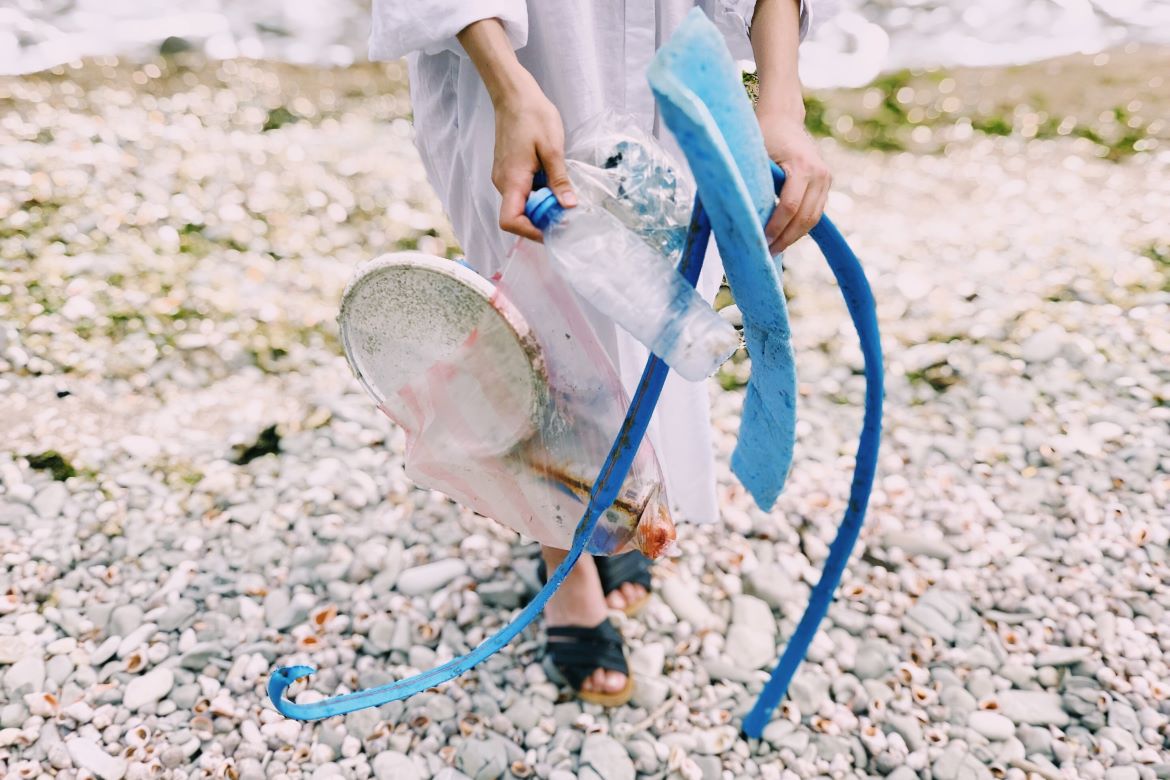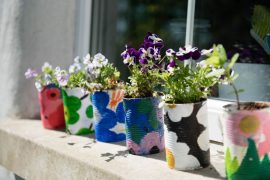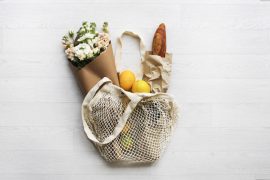By Emily Folk
So much of our modern supply chain is made up of single-use items. Water bottles, soda cans and straws make our lives more convenient, but they also become non-biodegradable waste in landfills and oceans. We grew up learning about the three Rs – reduce, reuse and recycle – but it’s fallen to us to teach the new generation. How can we make the lesson stick?
Make It a Game
The best way to inspire kids to do anything – whether it’s recycling, brushing teeth, doing homework or taking out the rubbish – is to turn it into a game. Studies find that when you make learning something fun, it’s easier for children to retain the information.
You can even take something boring and rewrite it in the context of a story, and it will be easier for them to understand why it’s so important.
If you’re struggling to develop some ideas, here are a few games to get you started. You and your kids will have a ball.
Clean up and Sort Litter
Ideally, when we head out to enjoy time in the great outdoors, we try to leave it better than when we find it. Unfortunately, not everyone lives by that example, so you’ll often find trash and recyclables whenever you visit your local park or trails. Make it a point to clean up the spaces where you’re spending time and sort the recyclables.
If you have young children, just be mindful of anything that could hurt them, like broken glass. Sorting recyclables keeps them from ending up in landfills, which are swiftly filling up. There are 27 active landfills in New York State alone. Multiply that by 50 states in the U.S. and 195 countries in the world, and you’ll have a good idea of how much waste the human race generates each year.
Lead by Example
Children don’t learn when you tell them to do something, especially if it’s something you don’t normally do.
Instead of trying to convince them they need to sort their rubbish into recycling bins, make it something everyone participates in.
We’re not just blowing smoke here. Studies show that interacting with their parents shape the way a child’s brain develops. If you want to instill the importance of recycling in your family, start by leading by example.











